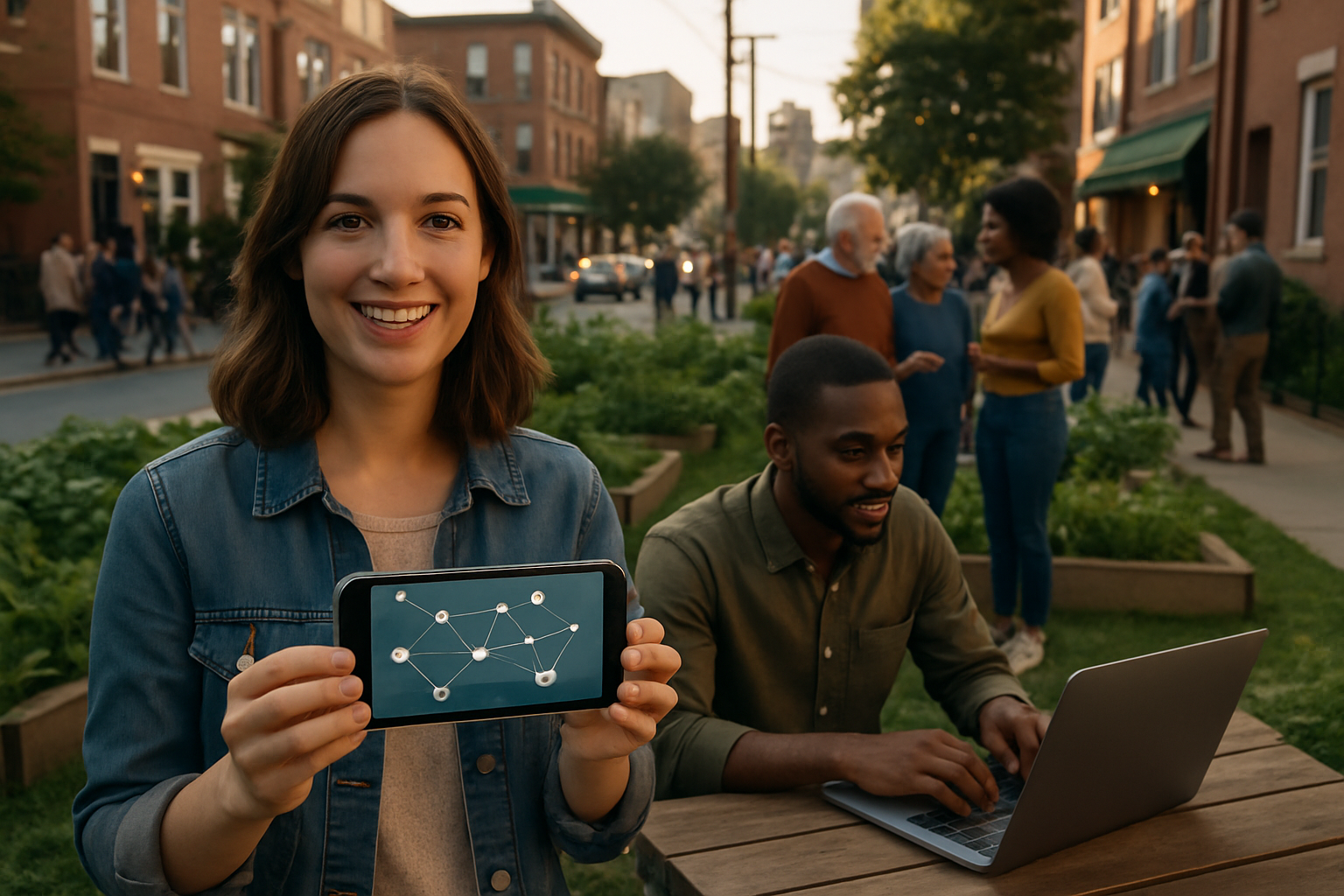The Resurgence of Social Bartering in Urban Communities
In a world dominated by digital transactions and cryptocurrency, an unexpected trend is taking root in urban neighborhoods across the globe. Social bartering, the age-old practice of exchanging goods and services without money, is experiencing a renaissance. This renewed interest in collaborative consumption is reshaping community dynamics and challenging our notions of value and social connection.

In recent years, a perfect storm of economic uncertainty, environmental concerns, and a growing desire for authentic community connections has reignited interest in this practice. The 2008 financial crisis, in particular, served as a catalyst, prompting many to seek alternative economic models. As trust in traditional financial institutions waned, people began to explore ways to meet their needs outside of the cash economy.
The Digital Catalyst
While the concept of bartering is ancient, its modern resurgence has been significantly amplified by digital technology. Social media platforms and dedicated apps have made it easier than ever for people to connect and exchange goods and services within their communities. These digital tools have effectively removed many of the logistical barriers that once limited the scale and scope of bartering networks.
Platforms like Simbi, BarterQuest, and local Facebook groups have created virtual marketplaces where members can list their skills and needs, facilitating matches that might otherwise never have occurred. This digital infrastructure has allowed bartering to transcend its traditional limitations, enabling exchanges across wider geographical areas and more diverse skill sets.
Beyond Goods: The Service Economy of Bartering
One of the most intriguing aspects of the modern bartering renaissance is its focus on services rather than just goods. While traditional bartering often centered on tangible items, todays urban barterers are just as likely to exchange skills and time. This shift reflects the changing nature of our economy and the diverse talents of urban populations.
A graphic designer might offer their services in exchange for music lessons. A lawyer could provide legal advice in return for home-cooked meals. This service-oriented approach to bartering not only addresses immediate needs but also fosters skill-sharing and personal development within communities. It creates a rich ecosystem of exchange that goes beyond mere economic transactions, building social capital and strengthening community bonds.
The Psychological and Social Benefits
The resurgence of social bartering is not just about economic necessity or convenience; it’s also driven by a deep-seated human need for connection and community. In an era marked by increasing social isolation, particularly in urban environments, bartering provides a framework for meaningful interactions and relationship-building.
Research in social psychology suggests that collaborative consumption models like bartering can significantly enhance feelings of belonging and social cohesion. The act of exchanging services creates a sense of reciprocity and mutual dependence, which are fundamental to building trust and social capital within communities. Moreover, these interactions often lead to friendships and social networks that extend beyond the initial exchange, creating a more tightly knit social fabric.
Challenges and Future Prospects
While the benefits of social bartering are clear, the practice is not without its challenges. Issues of trust, quality control, and fair valuation can complicate exchanges. Additionally, there are legal and tax implications to consider, particularly as bartering networks grow and become more formalized.
However, many see these challenges as opportunities for innovation. Some communities are experimenting with blockchain technology to create transparent, secure bartering networks. Others are developing hybrid models that combine elements of traditional currency with bartering, creating local economies that are more resilient to external economic shocks.
As we look to the future, the resurgence of social bartering in urban communities offers a glimpse of a more collaborative, sustainable, and connected way of living. It challenges us to rethink our relationships with money, work, and each other. In a world grappling with economic inequality and environmental crisis, the simple act of trading skills with our neighbors might just be a radical act of community-building and social transformation.






